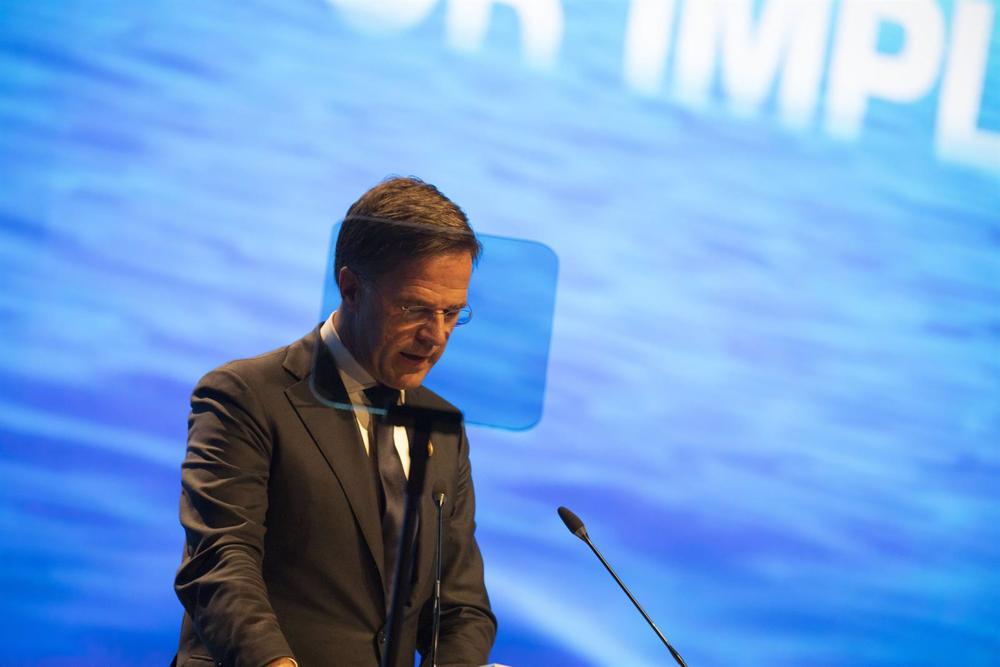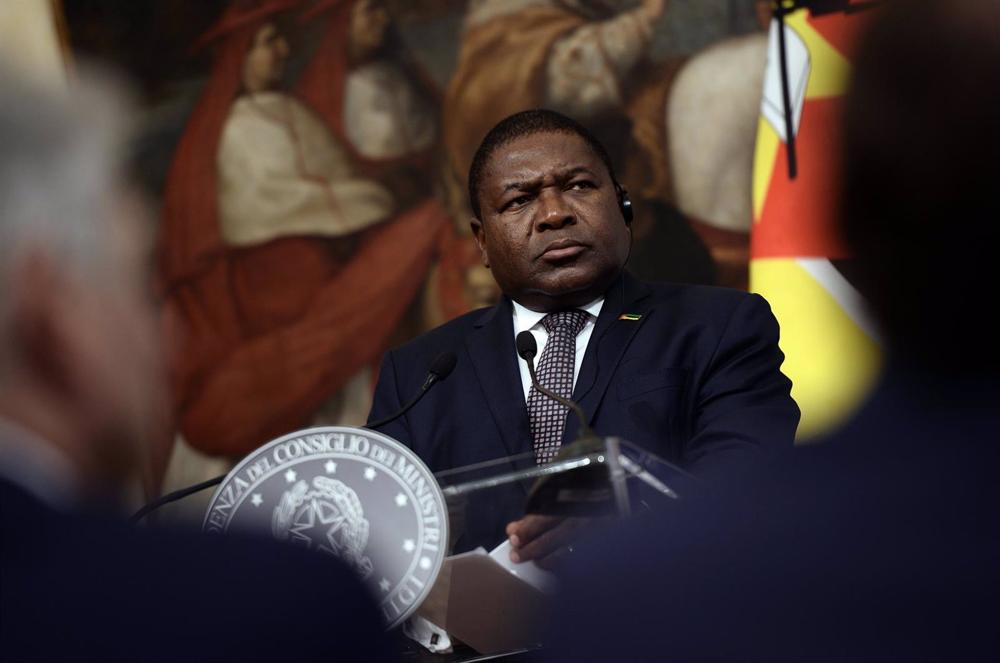
The Netherlands government announced Friday that it will admit Romania and Croatia into the Schengen area but maintains its refusal to allow Bulgaria to join the zone comprising the 26 European countries that have abolished border controls at the common borders.
This refusal clashes with the request made by the European Parliament at the end of October, whereby it again urged EU member states to allow Romania and Bulgaria to join the Schengen area «as soon as possible», with a view to even removing restrictions on mobility with these two countries by the beginning of 2023.
The MEPs in favor of membership maintain that the restrictions for Romania and Bulgaria imply discriminatory treatment that, in practice, has a «serious impact» on the mobility of citizens and the transport of goods. This in turn is detrimental to the European single market, reads the text, on an area whose accession protocol requires a unanimous vote.
Dutch Prime Minister Mark Rutte explained at a press conference reported by Dutch News that the decision not to support Bulgaria’s request is based on fait accompli and is not a political decision. «We have taken a decent approach,» said the prime minister, whose government continues to perceive technical shortcomings in the Bulgarian proposal and has also called for further investigations into corruption and organized crime in the country.
Rutte, in statements picked up by Bloomberg, has pointed out in any case that this blockage should not affect in the long term the Bulgarian aspirations of incorporation, although it is an issue that will be discussed again in Brussels next December 8, during the meeting of EU justice ministers.






